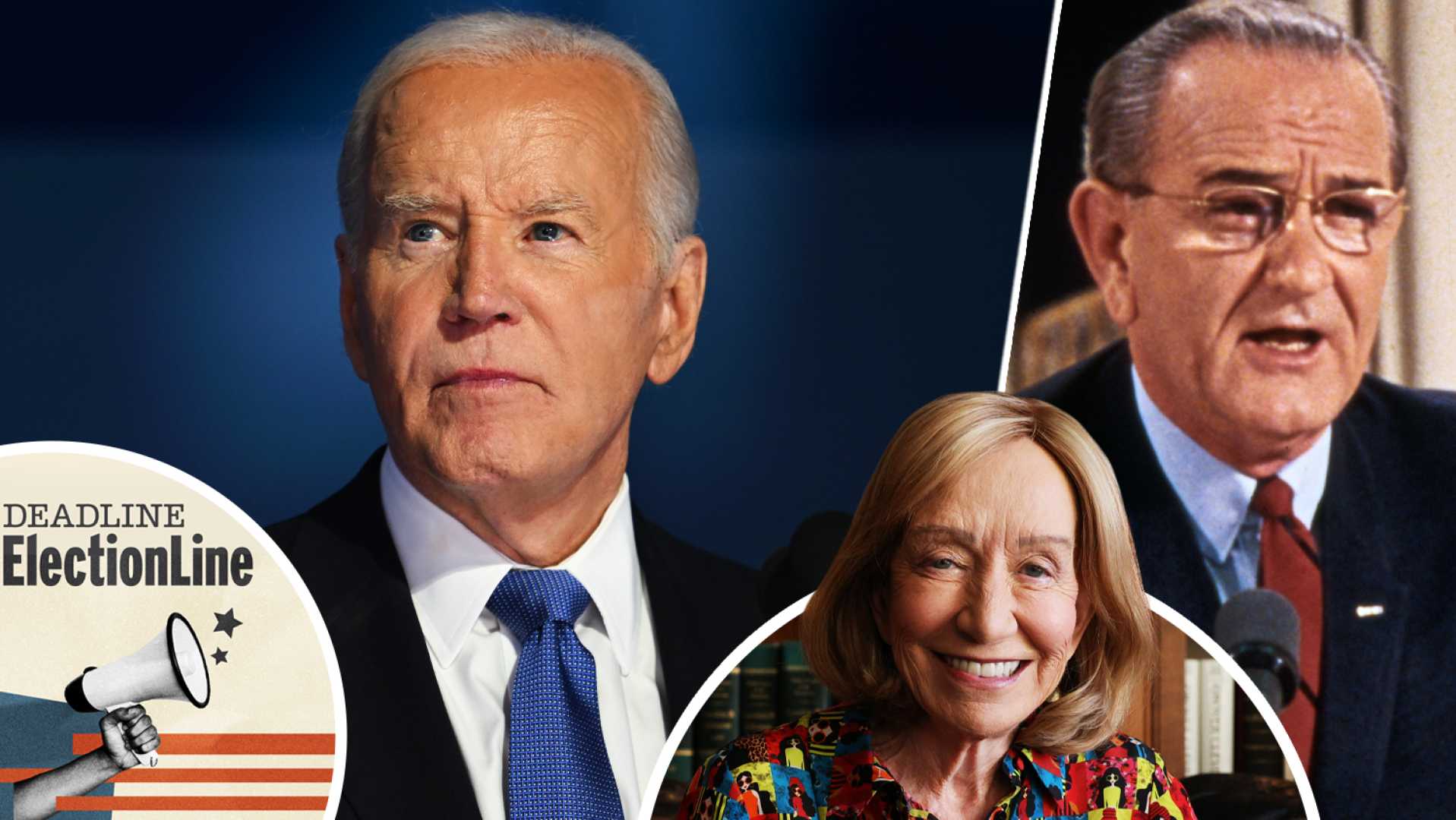News
Doris Kearns Goodwin Analyzes Trump’s Victory and Its Implications for American Democracy

Following Donald Trump‘s declaration of victory in the presidential election against Vice President Kamala Harris, historian and presidential biographer Doris Kearns Goodwin provided her insights on the outcome. In an interview with *Boston Public Radio*, Goodwin characterized Trump’s win as a manifestation of American democracy in action, emphasizing that democracy allows voters to elect and remove leaders through the ballot box.
Goodwin acknowledged that Trump’s victory was significant, noting that it reflected a broader trend where the Democratic Party has lost its grip on working-class voters. She attributed this shift to issues such as free trade and globalization, which have eroded the Democrats’ traditional base. Goodwin also highlighted that Trump’s messaging, particularly his negative rallying cry about America being a “nation in decline,” resonated emotionally with voters in a way that the Democrats’ optimistic messages did not.
The historian drew historical parallels, pointing out that while many winning presidential candidates have run on optimistic platforms – such as Franklin D. Roosevelt, John F. Kennedy, and Barack Obama – Trump’s approach was distinctly different. She quoted Lyndon B. Johnson‘s 1964 campaign to illustrate the basic needs and desires of ordinary Americans, suggesting that many voters currently feel a lack of security and stability.
Goodwin expressed concern about Trump’s statements, including his references to an “enemy within” and his threats against various institutions. However, she remained optimistic about the role of public sentiment in holding leaders accountable, citing historical examples such as the public moral outrage over slavery that preceded the Civil War. “It’s going to be up to the citizens right now, and I still trust the American people,” she said.
Goodwin’s analysis underscores the ongoing debate about the role of government in American society, a theme that has fluctuated between different presidential administrations. From large investments under Johnson to Reagan’s skepticism of government, Goodwin emphasized that public opinion can influence and check the actions of elected leaders).












